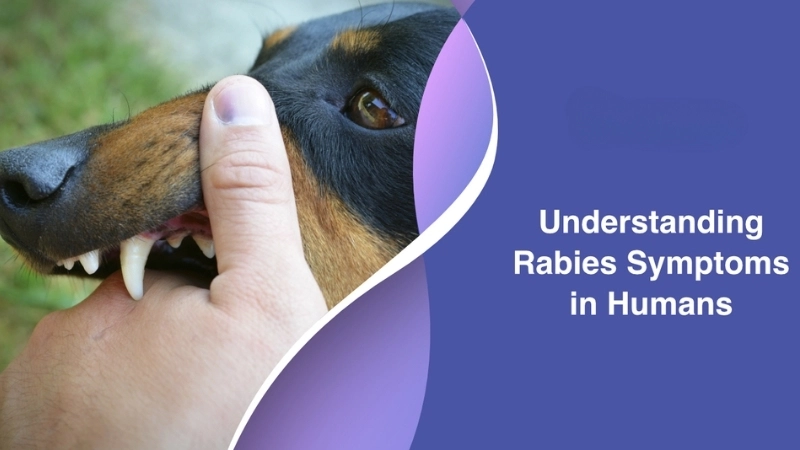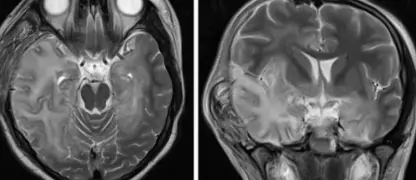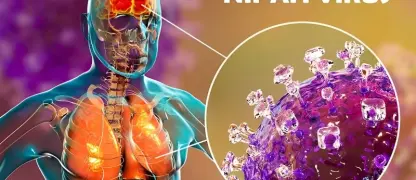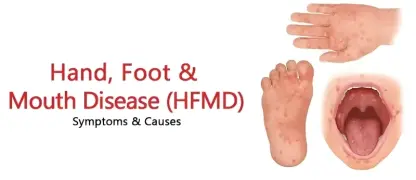Rabies is a deadly viral disease that affects the nervous system. Knowing its causes, symptoms, and prevention methods is crucial to protect both humans and animals from this life-threatening infection.
What are the main causes of rabies?
- Rabies is primarily caused by bites or scratches from infected animals, with dogs being the most common source in many parts of the world.
- The rabies virus spreads through saliva of infected animals, entering the human body via broken skin or mucous membranes.
- Wild animals such as bats, raccoons, and foxes also carry the virus, posing risks in areas where dog vaccination is well-controlled.
Key symptoms of rabies to watch for
- Early signs include fever, headache, and weakness, often resembling flu-like symptoms, which may mislead patients to ignore medical attention.
- As the disease progresses, patients experience anxiety, confusion, and difficulty swallowing, along with unusual fear of water.
- Advanced stages lead to paralysis, seizures, and coma, ultimately resulting in death without timely treatment.

>>>Learn more: Understanding poliomyelitis (Polio) and its prevention
How can you prevent rabies effectively?
- Vaccinate pets such as dogs and cats regularly to reduce the risk of rabies transmission within households and communities.
- Seek immediate medical care and post-exposure vaccination after any animal bite or scratch to prevent the virus from spreading.
- Avoid contact with stray or wild animals, and educate communities about rabies awareness and proper prevention practices.
>>>Learn more: Understanding human bocavirus infection and its symptoms
Image description of Rabies
Rabies is a deadly viral infection transmitted through bites or scratches of infected animals. It attacks the nervous system, causing severe neurological symptoms and, if untreated, is almost always fatal.








>>>Learn more: Understanding hantavirus pulmonary syndrome (hps) risks
Understanding rabies empowers you to take preventive steps and seek timely care. With awareness and vaccination, rabies can be controlled, ensuring safety for individuals and communities.






